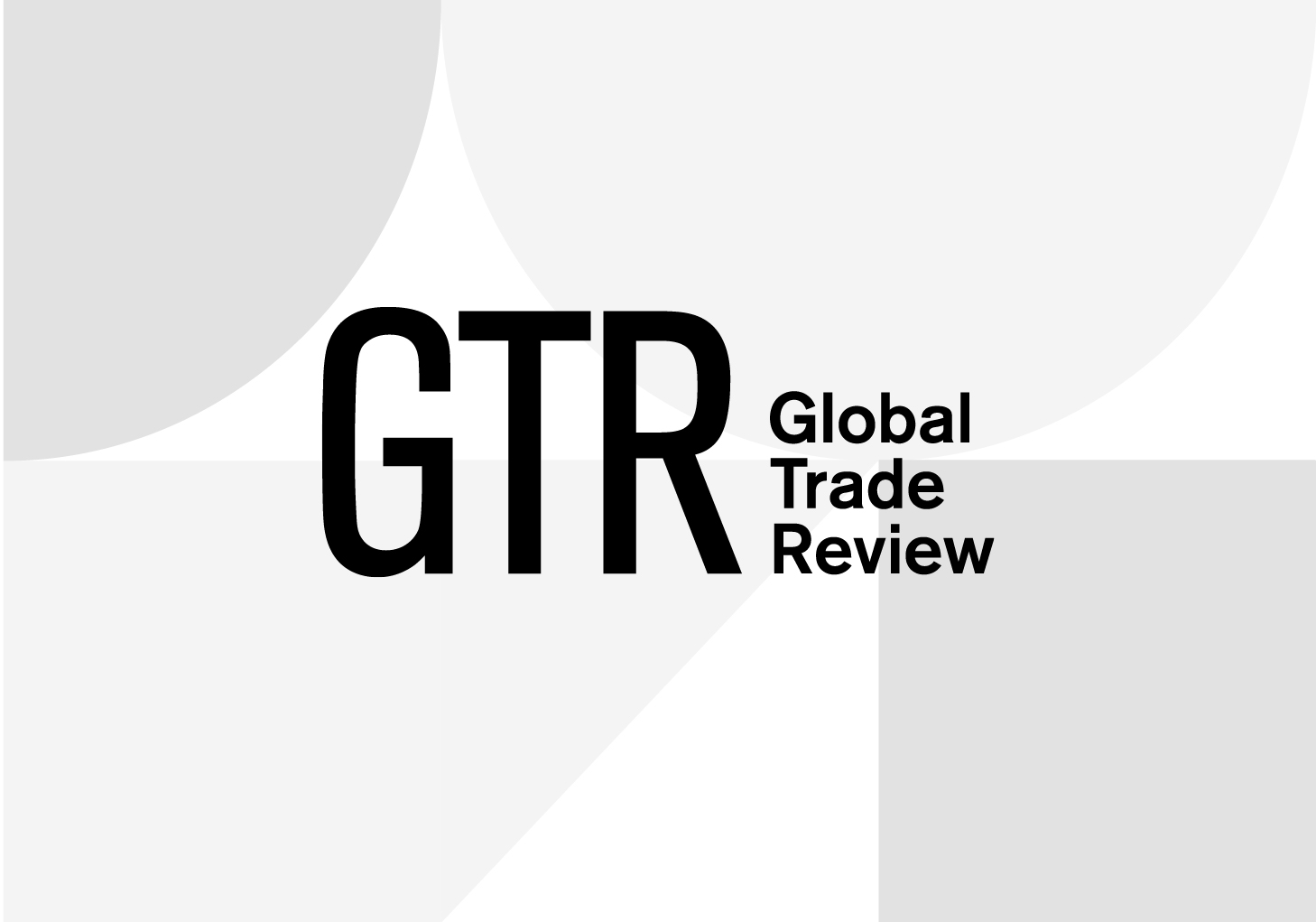The number of due diligence checks on behalf of banks carried out by the ICC’s Commercial Crime Bureau went up by 51% in 2002.
CCB director Pottengal Mukundan says the sharp increase revealed growing awareness of the preventive methods at the disposal of banks and other financial institutions in the fight against fraud and money laundering.
“Failing to make adequate checks before investing can result in crushing penalties and loss of reputation,” he says. “Our 2002 figures confirm that using the CCB’s services are increasingly being relied upon to prevent these kind of difficulties”.
The figures show that of the 4,283 enquiries lodged with CCB last year, 71% were
due diligence checks on individuals and companies in advance of any business transaction.
“This increase is partly due to pressure to meet the enhanced regulatory requirements introduced following 9/11,” says CCB assistant director Jon Merrett.
Merrett adds: “The increased volume of inquiries represents a significant shift for our organisation. We have reallocated resources and tailored our services to reflect this new demand. As evidenced by the growing number of inquiries, our members are clearly making increased use of the CCB’s enhanced database and research facilities.”
The CCB says it helped members prevent a wide variety of frauds in 2002, including shutting down fake financial websites and thwarting false insurance guarantees.
Investigating and then pressuring ISPs to close down bogus websites, is an area where the CCB says it is adding increasing value for its members. By taking action where other authorities are stymied by regulatory constraints, the CCB says it has been able to shut down websites running financial scams.
Merret says he expects the CCB’s interventions in this area to continue to grow in pace with the increasing prevalence of fake financial websites.
He adds that CCB warnings about fake ICC 4081 indemnities earlier this year “saved a number of investors from entering into costly financial instrument frauds.”
“The CCB’s campaign was so successful that fraudsters took to inventing 4082 letters of re-insurance to bolster the credibility of the 4081s,” he says. “In some cases, they went so far as to suggest that Lloyd’s was underwriting them.
“The 4081/4082 scenario produced an unusual twist that actually damaged the fraudster’s system. Previously, some financial instruments were so cleverly worded and bore so close a resemblance to the real thing that it was extremely easy for investors to be fooled unless they had them checked out by professionals. Now investors know that the slightest suggestion of 4081 or 4081 letters supporting financial instruments is an immediate red flag indication that they could be bogus.”
The CCB introduced another valuable anti-fraud tool last year when it published ‘Preventing Financial Instrument Fraud’.
The book was well received by the financial services industry and wealthy investors alike, and is already being used as the basis for the prosecution of two criminal cases including an investment scam involving a struck-off solicitor and a HYIP (high yield investment programme).
The CCB plans to offer more publications in 2003, including a Global Directory of Corporate Regulators and Law Enforcement Agencies, as well as a number of new case studies that show how financial frauds have been perpetrated and how investors could have avoided becoming victims.
The CCB also hopes to make its due diligence services more accessible by introducing a new category of associate membership.
To be available later this year, associate membership (priced at £300 a year), will give new members outside the financial sector the opportunity to access information and make due diligence checks, and allow them to buy CCB services on an ad hoc basis. The new category is intended to draw in more lawyers, accountants and larger investors.







